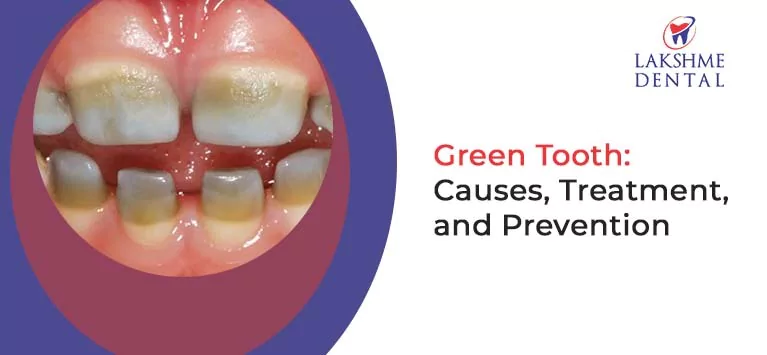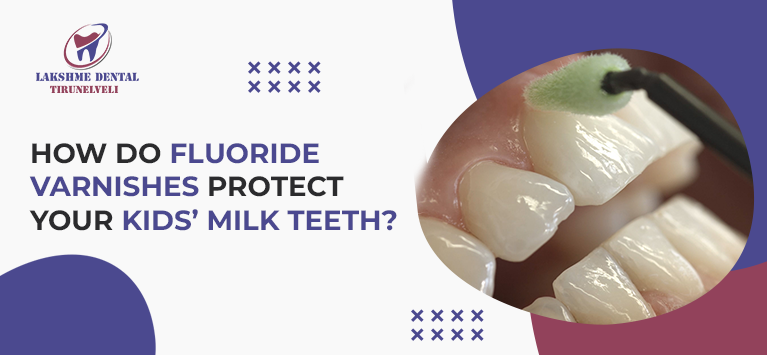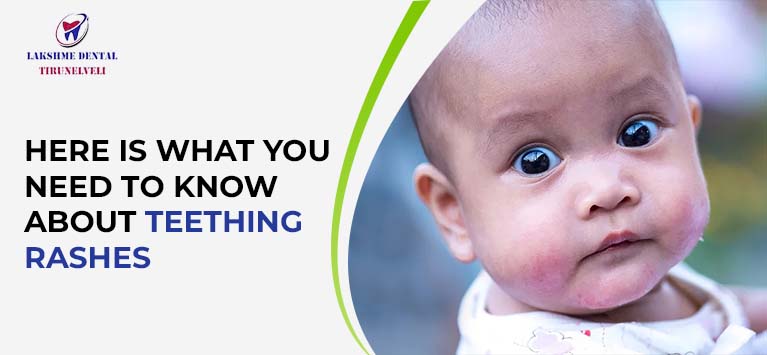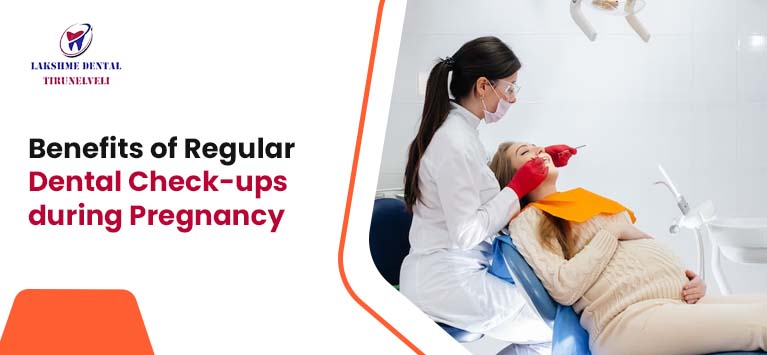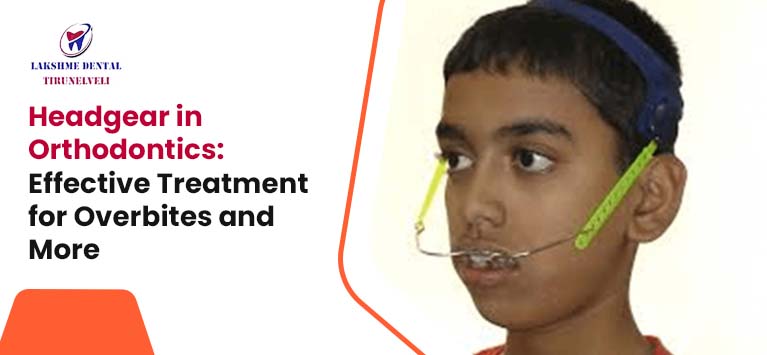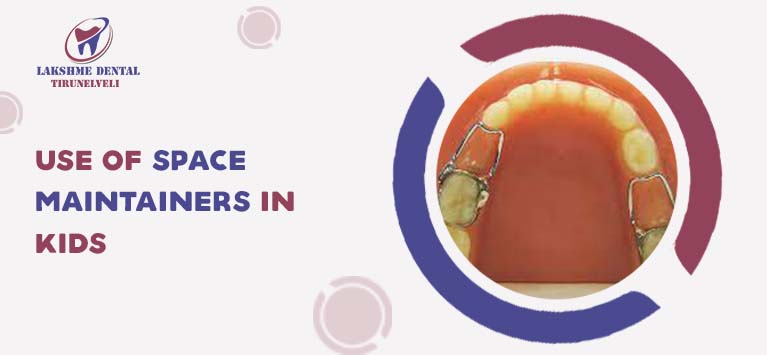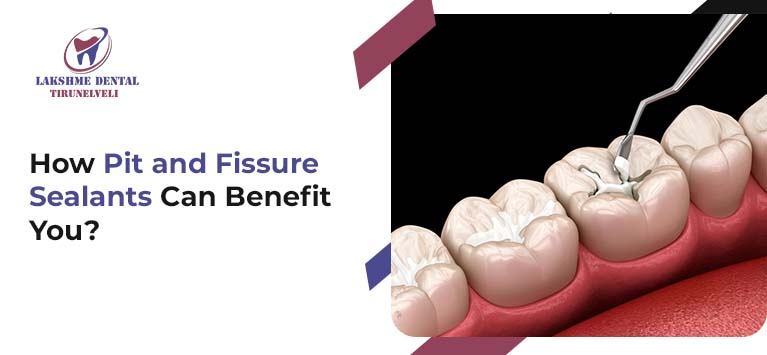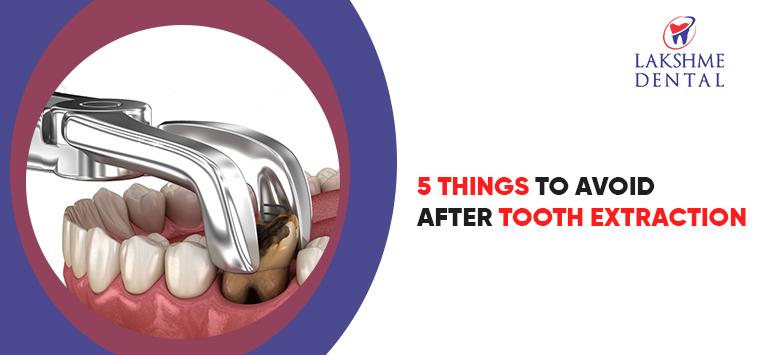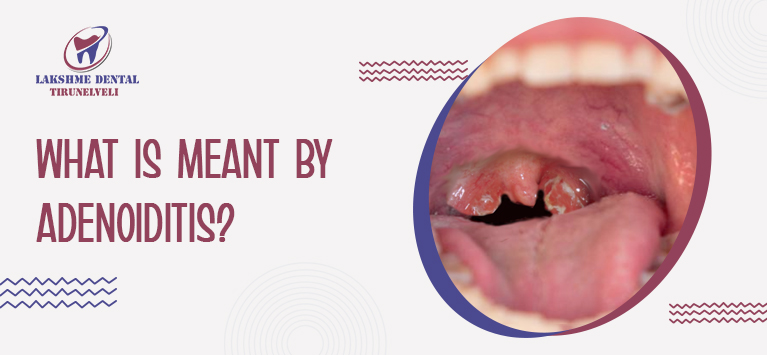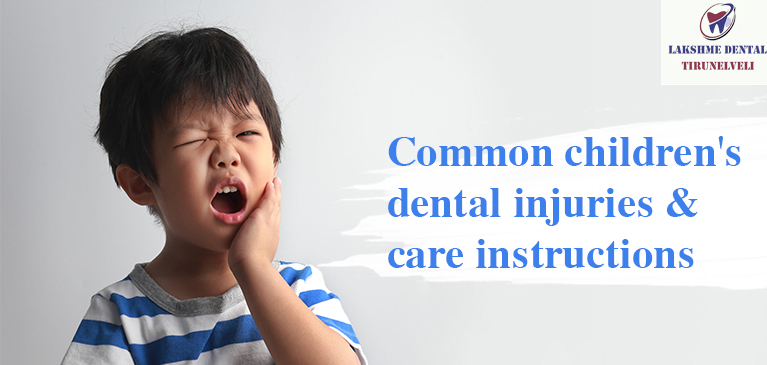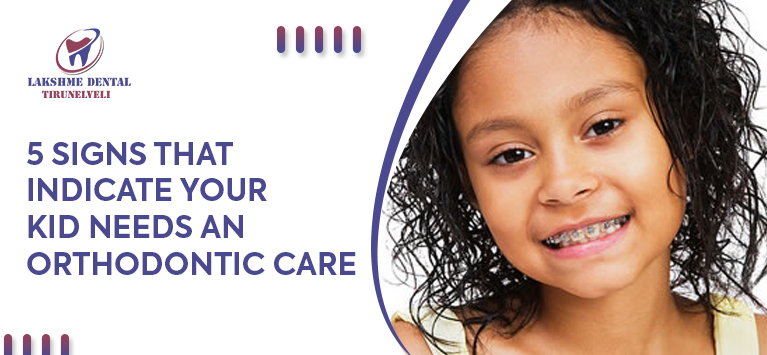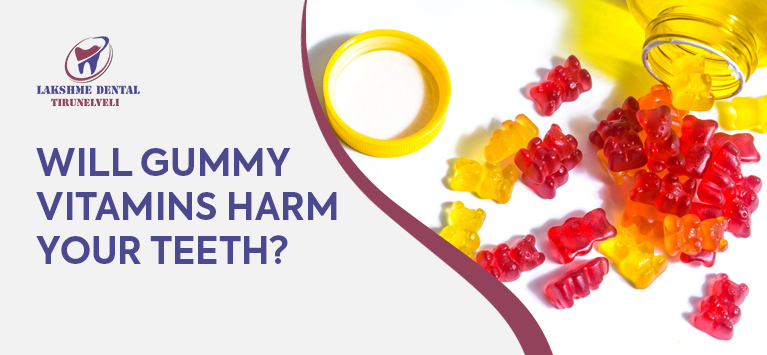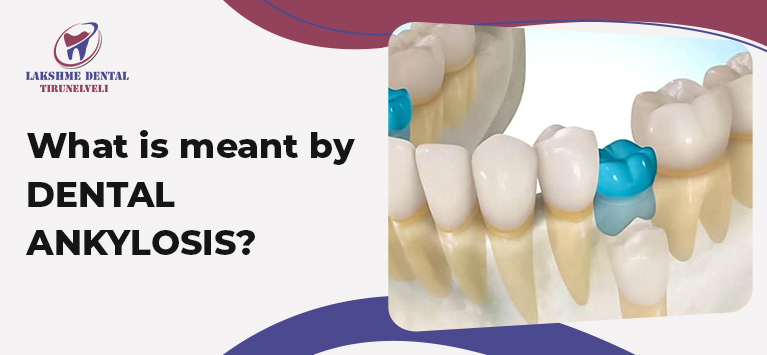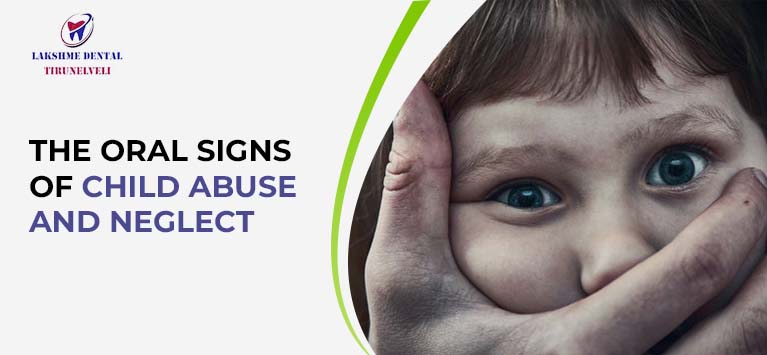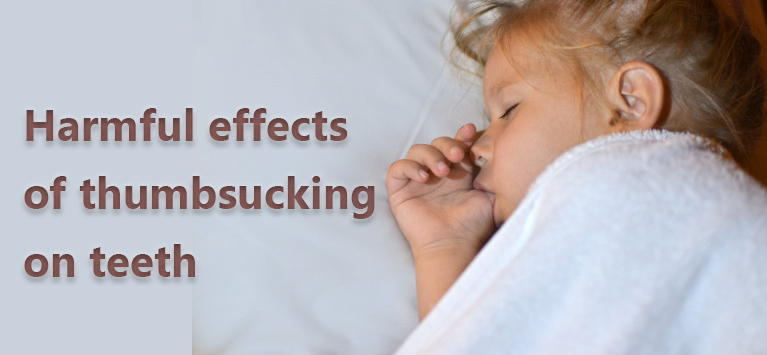
Harmful Effects of Thumb Sucking on Teeth
Extended thumb sucking and pacifier use will have a detrimental effect on your child’s smile over a period. Most of the time, toddlers, babies, and small kids practice thumb sucking or use the pacifier as a situation to relieve or calm their anxiety. Although the use of thumb sucking and pacifiers does have their advantages, they can be harmful to your child’s oral health if the practice is prolonged and continues to reach the toddler stage.
Thumb sucking problems
Sucking thumb and use of pacifiers have significant benefits for toddlers and infants. It provides your child a tool for relaxing when feeling nervous or stressed and sometimes begins when an infant is teething. Permitting thumb sucking or relieving with a pacifier might also lead to fewer sleepless nights for parents already tired.
Generally speaking, the disadvantages of pacifier use and prolonged thumb-sucking come together with the pros. If thumb-sucking is just a short-term habit, it will not typically affect your child’s smile much. Fortunately, if your toddler age is 4, 5, or even aged and still uses a pacifier or sucks his thumb, it can adversely affect his or her jaw, teeth, and other aspects of development.
Malocclusion issues
Too much use of thumb-sucking and pacifier may cause problems with malocclusion, or upper and lower teeth may misalign. The most widely known malocclusion happening is called an open bite. An open bite implies the upper and lower teeth at the front do not touch with each other, even though the mouth is closed.
Also, overbites are usual among kids who use pacifiers or suck their thumbs after the appropriate age. Overbites imply that the front teeth overlap the lower teeth in an unnatural way, which causes difficulties with how the front teeth can operate.
Importantly, chronic thumb-sucking can cause teeth gaps and incorrect teeth and jaw alignments. This will make it very difficult for your kid to chew and bite into foods, moreover in some conditions can even alter speech, which we will explain later. Addressing problems associating with malocclusion may also make some kids feel shy about their looks and ignore smiling.
The Jaw and Facial Development Changes
As progress and development of a child continue, the face and jaw will bring important changes from childhood to adolescence. Prolonged use of a pacifier or persistent thumb sucking can affect the growth of the orofacial complex, which contains the jaw, mouth and face muscles, and teeth. The repeated pressure from the constant sucking motion enables the teeth to move in an abnormal direction, which affects the overall facial structure of the child.
Constantly having either a thumb or a pacifier between the teeth easily does not allow the jaw to seat properly. With a difficult enough misalignment, the facial muscles have to transform the way a child works to bite, speak, or chew effectively. This will have effects that alter the structure and appearance of a child’s face and even result in an orofacial myological disorder (OMD) that may require intensive care.
Speech Development problems
Prolonged thumb-sucking and use of a pacifier can also influence the speech of your infant. Perhaps this is owing to the open bite or overbite that comes as a result of this persistent habit. The tongue will also appear to press forward for kids who routinely suck their thumbs via their teeth. In particular, serious malocclusions and inadequate tongue control can lead to a lisp or difficulty with sounds like Z, S, R, and L.
Finally, infants need to babble and start practicing various sounds by molding their mouths & exercising facial muscles. Babies and toddlers who suck their thumbs excessively or depend on a pacifier lack a vital opportunity to expand and exercise these foundational language skills.
Tips to help your child stop the habit of thumb-sucking
Try to reduce the time it allows your kids to use pacifiers or suck their thumbs.
Give a replacement like a plush toy or soft blanket when your child gets anxiety.
Make your kid become extra self-aware.
Appreciate your kid for making significant progress.
Contact our best pediatric dentist in Tirunelveli to get the best treatment which improves your child’s self-confidence.

